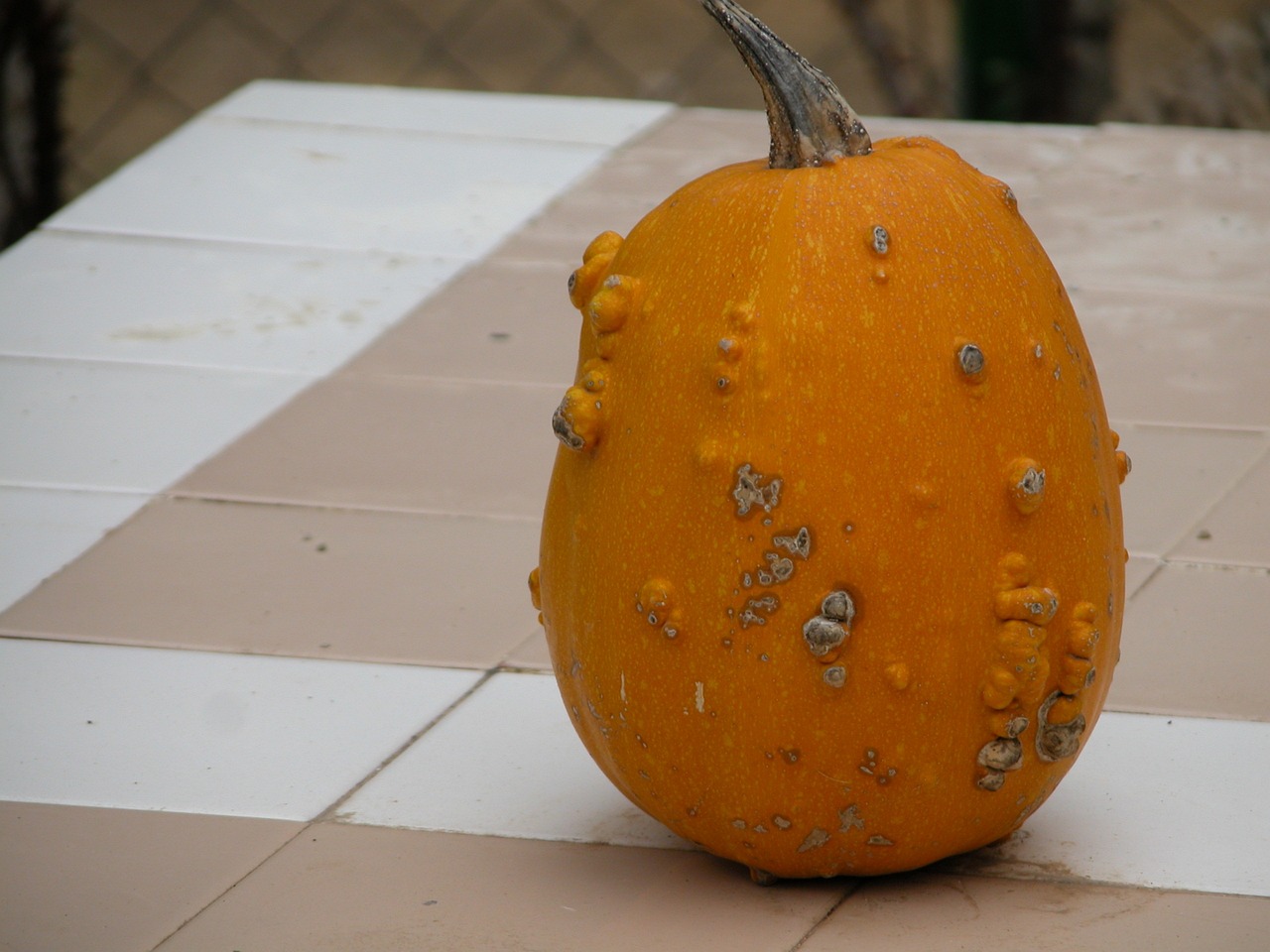The Impact of Beekeeping on Soil Fertility: Betbook250, Anna 247 login, Yolo247 login app
betbook250, anna 247 login, yolo247 login app: Beekeeping is not only essential for providing us with honey and beeswax, but it also plays a significant role in improving soil fertility. Many people are not aware of the impact that beekeeping can have on the health of our soil. In this article, we will explore how beekeeping can enhance soil fertility and why it is essential for sustainable agriculture.
The Role of Bees in Soil Fertility
Bees are known for their role in pollination, which is vital for the reproduction of plants. When bees visit flowers to collect nectar and pollen, they transfer pollen from one flower to another, enabling the plants to reproduce. This process is essential for the growth of fruits, vegetables, and other crops.
But what many people don’t realize is that bees also play a crucial role in soil fertility. As bees visit flowers, they inadvertently spread pollen and nectar onto the soil. This adds organic matter to the soil, which helps improve its fertility. The organic matter provides essential nutrients to the soil, such as nitrogen, phosphorus, and potassium, which are necessary for plant growth.
Furthermore, bees also help increase the diversity of plants in an area. By pollinating a wide range of plant species, bees contribute to the overall health of the ecosystem. A diverse ecosystem is essential for maintaining soil fertility and preventing soil degradation.
Impact of Beekeeping Practices on Soil Fertility
Beekeeping practices can have a significant impact on soil fertility. For example, beekeepers who use organic and sustainable methods can help improve soil health. Organic beekeeping involves using natural, chemical-free methods to manage bee colonies, which is beneficial for both bees and the environment.
Additionally, beekeepers who plant pollinator-friendly plants around their hives can further enhance soil fertility. These plants not only provide food for the bees but also add organic matter to the soil, improving its structure and nutrient content.
Furthermore, beekeepers who practice rotational grazing can help improve soil fertility. Rotational grazing involves moving beehives to different locations throughout the year, allowing the soil to rest and recover. This practice can prevent soil compaction and erosion, leading to healthier soil.
Benefits of Beekeeping for Sustainable Agriculture
Beekeeping is essential for sustainable agriculture for several reasons. Firstly, bees play a vital role in pollination, which is crucial for the production of crops. Without bees, many plants would not be able to reproduce, leading to a decline in crop yields.
Secondly, beekeeping can help improve soil fertility, as discussed earlier. By adding organic matter to the soil and promoting plant diversity, bees contribute to the overall health of the ecosystem. Healthy soil is essential for sustainable agriculture, as it provides a fertile environment for plants to grow.
Furthermore, beekeeping can help reduce the use of chemical fertilizers and pesticides in agriculture. By promoting natural pollination and soil fertility, beekeepers can reduce the need for harmful chemicals that can harm the environment and human health.
In conclusion, beekeeping plays a crucial role in enhancing soil fertility and promoting sustainable agriculture. By supporting beekeepers and practicing bee-friendly methods, we can help protect the health of our soil and ensure the future of agriculture.
FAQs
1. How does beekeeping improve soil fertility?
Beekeeping improves soil fertility by adding organic matter to the soil through pollen and nectar. This organic matter provides essential nutrients to the soil, leading to improved fertility.
2. What are some beekeeping practices that can enhance soil fertility?
Organic beekeeping, planting pollinator-friendly plants, and rotational grazing are some practices that can help improve soil fertility.
3. Why is soil fertility important for sustainable agriculture?
Soil fertility is essential for sustainable agriculture because it provides a fertile environment for plants to grow. Healthy soil is necessary for producing crops and maintaining the health of the ecosystem.
4. How can beekeeping help reduce the use of chemical fertilizers and pesticides?
By promoting natural pollination and soil fertility, beekeeping can reduce the need for harmful chemicals in agriculture. This can help protect the environment and human health.
5. What are some ways to support beekeepers and promote sustainable beekeeping practices?
Consumers can support beekeepers by purchasing honey and beeswax products from local, sustainable sources. They can also encourage policymakers to promote bee-friendly practices in agriculture.







